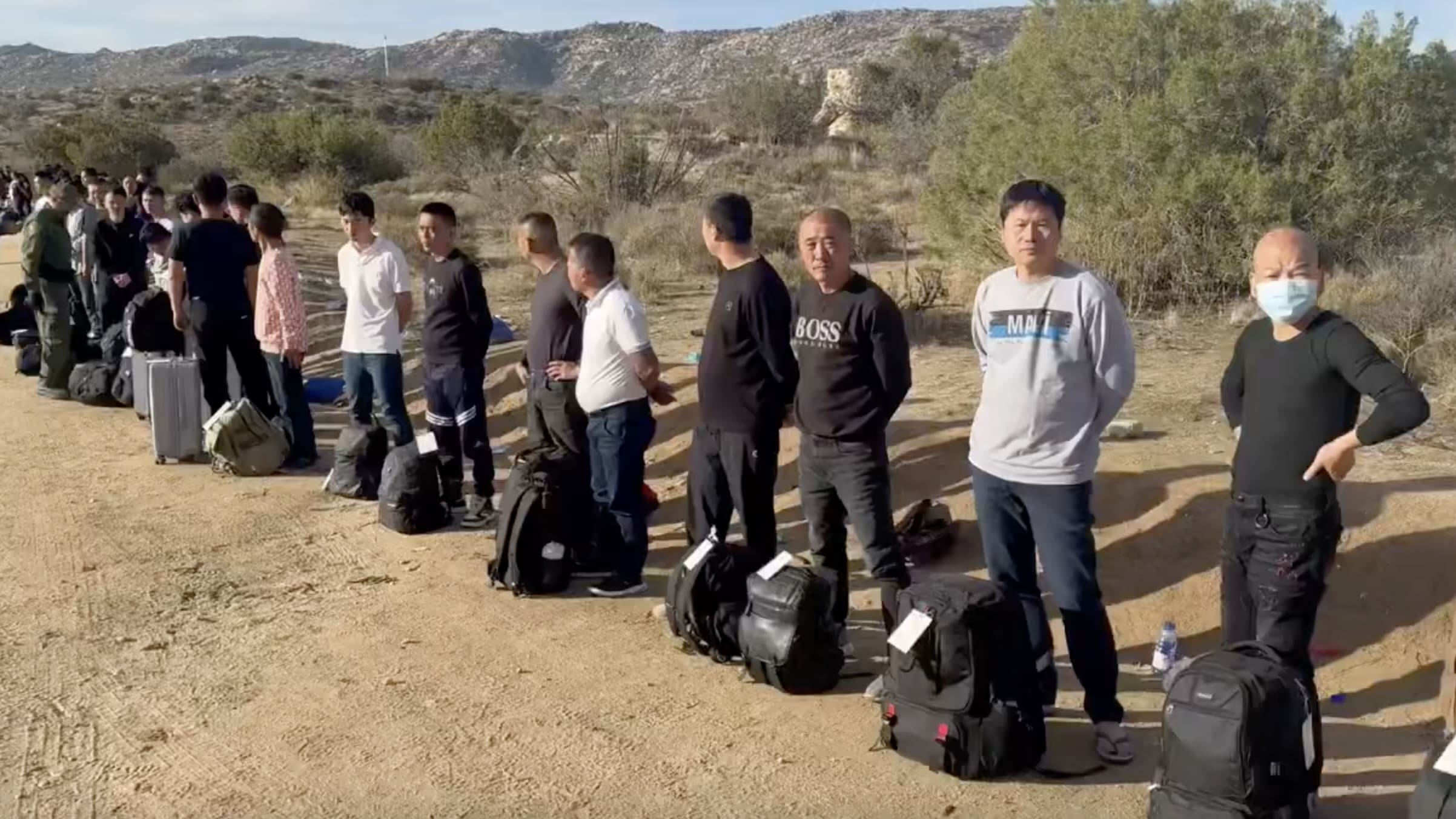Legislation to protect Texas land from ownership by hostile countries received nearly unanimous support from Senate Republicans this week.
State Sen. Charles Perry (R–Lubbock), however, was the lone Republican to oppose the measure in the final vote of 18-12.
Senate Bill 147 by State Sen. Lois Kolkhorst (R–Brenham) would prohibit any purchase of real property in the state of Texas by hostile governments, entities affiliated with these countries, or their citizens.
There aren’t specific countries listed in the legislation, but if the country is listed on the U.S. national threat assessment for three consecutive years, the country is subject to the penalties in SB 147.
Currently, countries listed on the national threat assessment for three consecutive years include Iran, Russia, North Korea, and China.
The legislation comes after concerns have grown over China’s acquisition of land across the country and in Texas. In 2021, for example, 130,000 acres in South Texas near Laughlin Air Force Base were purchased by a former member of the Chinese communist army.
“Senate Bill 147 strives to put common-sense guardrails to protect food, and energy, and national security, while at the same time it keeps alive the American dream of homeownership to all, the ability to own a business, the ability to own a homestead,” explained Kolkhorst.
The version approved by the Senate still allows for legal U.S. residents from any of the aforementioned four countries to buy and own a 20-acre homestead.
Nevertheless, Senate Democrats railed against the measure, with State Sen. John Whitmire (D–Houston) saying, “If you’re worried about our foreign enemies, you should leave it to our U.S. government.
“It’s just about maintaining a strong Texas,” argued Kolkhorst.
Indeed, recent polling found 82 percent of Texas Republican voters want Texas to prohibit the Chinese government and its representatives from purchasing Texas land.
Perry, the only Republican to vote against the measure, told Texas Scorecard his opposition stemmed from a distrust of government and a reluctance to tell property owners who they can sell their land to.
“Private property ownership is the cardinal of our jewel crown; it makes us unique to every country in the world, to accumulate wealth and develop wealth and to do the things that we need to do,” said Perry. “So, on private property law alone, I am unwilling to give a government any wiggle room in future use to take my property away.”
Perry speculated that future government leaders could use similar measures to bar the sale of oil and gas interests due to climate change.
“I like to say I trust the guy that I can see that moved next door to me probably more than I trust the government that I’m elected to work for right now. It will be used in a really, really bad way, in really quick procession.”
While Perry acknowledged that Chinese land ownership is “arguably a real threat” to Texans, he says the rhetoric surrounding the issue is not supported by the numbers.
“When you really dig into the data, China’s not coming after us for land ownership, they’re going to come after us through cyber, through IP theft, through grid interactions, and through those kinds of things. Those are the things that should keep us up at night,” said Perry.
To that end, Perry says he would support an effort to require disclosure of foreign ownership during the selling process so landowners can make their own decision.
Gov. Greg Abbott, meanwhile, has expressed support for Kolkhorst’s measure on social media and said he will sign the legislation into law if it reaches his desk.
Texas Scorecard has chronicled the threat of Chinese communist influence in Texas in a special investigative series.





